
Executive Director of the Institute for Education Studies (IFEST) Peter Partey Anti, has called on the Ghana Education Service (GES) to hold a stakeholder engagement with all the religious bodies and heads of schools in order to come up with a comprehensive code of conduct for all Senior High Schools to abide by.
He made this appeal in an interview with Johnnie Hughes on the New Day show on TV3, Thursday, May 6.
Mr. Anti was reacting on the heels of the recent debacle between the GES and Wesley Girls’ Senior High School’s refusal to allow Muslim students to fast during the month of Ramadan that has generated a lot of public reaction in the media.
When asked if it is easy for a teenager who has been practicing religious customs such as fasting since childhood, to abandon such practices just because his/her school frowns on it for religious reasons held by the school, he said “it’s difficult for somebody to just agree to this and that is why some of the parents would stand up to protest but let me also remind the general public that in 2016, the NPP identified this problem, they saw that the continuous detachment of the missions from their schools is creating a problem, I think in 2017, the President in one of his speeches at a graduation ceremony indicated that they were going to see the religious organizations, the then Minister of Education also made statements to that effect.
“But if you look at the statement in the manifesto, I think item ‘M’ or ‘N’ or so, they state clearly that there is supposed to be a continuous engagement with the missions to ensure that there will be a promotion of quality education and also improve their participation in the day-to-day administration of these Senior High Schools. Now, if this promise was carried through, we would have realized that by this time there would have been some understanding between the schools and the Ghana Education Service. We wouldn’t have had the church, the whole Methodist church coming out forcefully to disagree with the Ghana Education Service.
“It means that that kind of interaction that needs to be established between the missions that own the schools and the Ghana Education Service have also died down. So you don’t have any means to ensure that their objective of maybe trying to promote their principles and policies in the life of the student, you don’t have any means to ensure that these are moderated that that right of the child to undertake an activity he/she has been undertaking over the years is respected. There is also another point to this, parents selecting schools, I think it’s now time for them to pay attention to some of the things they pick up from the schools, in terms of the prospectus and the rules and regulations of the schools, I think that conversation we need to have it”.
Asked what can do in the event that their wards are selected by the Computerised School Selection and Placement System(CSSPS) in order to avoid these problems in the educational system in the country, he replied that “I believe that before the CSSPS send you to a school, you technically might have selected it, that idea that people don’t select the schools and they are sent there, I have a little difficulty with them but sometimes it happens although, but the point I am making is that your first five schools are selected by you and mostly if the child gets the first school or the second school or the third school it means the parents have an idea of the schools they are selecting.
“Apart from that, when you are selected or placed in the school, you go to the school, you pick prospectus, they add their rules and regulations to you, that is why when the Achimota issue came some of us were saying that, when the student went to pick the prospectus, they added rules and regulations to the prospectus and gave it to the student, and if that is the case and you signed onto this, I’m not a lawyer, I don’t know law so if you sign onto this, do you have the liberty to later came back and indicate that look, I have signed onto this but I don’t want my child to do that. So parents should avert their minds to some of these challenges or some of these rules in the schools, but these all will be solved when the Ghana Education Service is able to take a broader consultation with stakeholders all across the board to develop a standardized code of conduct for our Senior High Schools.
“It is time we do that, it is important because you see, these isolated incidence would escalate very soon and it will get out of hand, we don’t want to get there and I think this is an opportunity for the Ghana Education Service to engage religious organizations, the Muslim community, the Christian community and other religious bodies and put together a comprehensive code of conduct so that every school will abide by it, I understand the difficulty, I know the various interest in our schools, especially where old students have become very powerful to dictate the way schools are run but that doesn’t mean they can use their authority to override the position of the Ghana Education Service as established in our constitution, if we have a standardized code of conduct, we will be able to solve some of these challenges”.
By Barima Kwabena Yeboah|3news.com|Ghana
Read Full Story

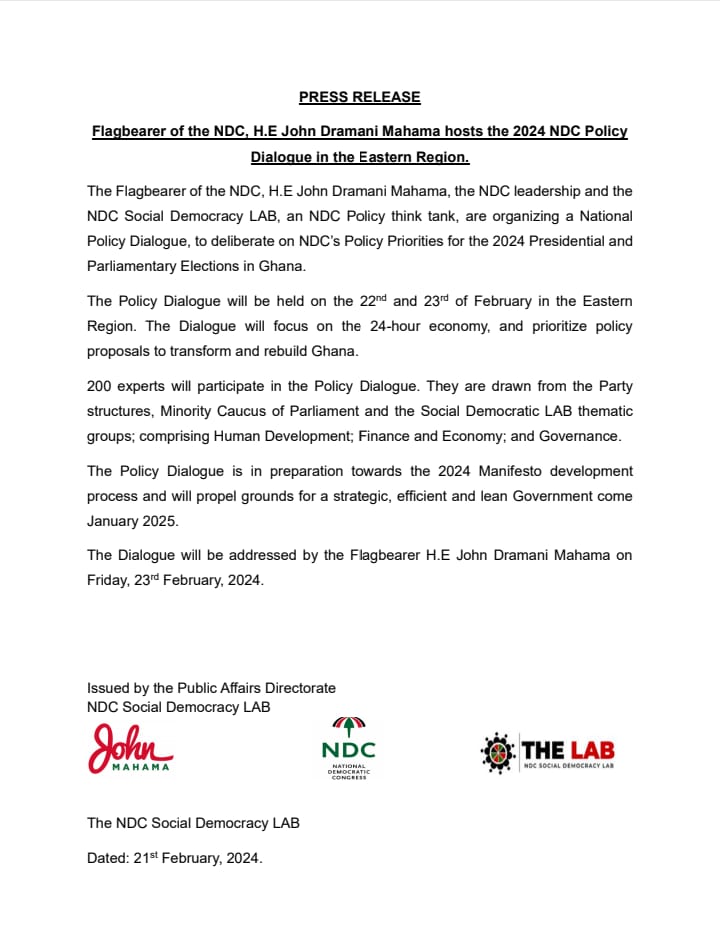
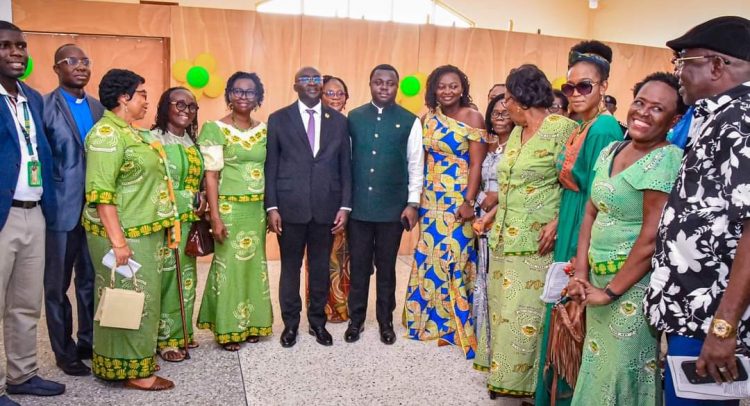

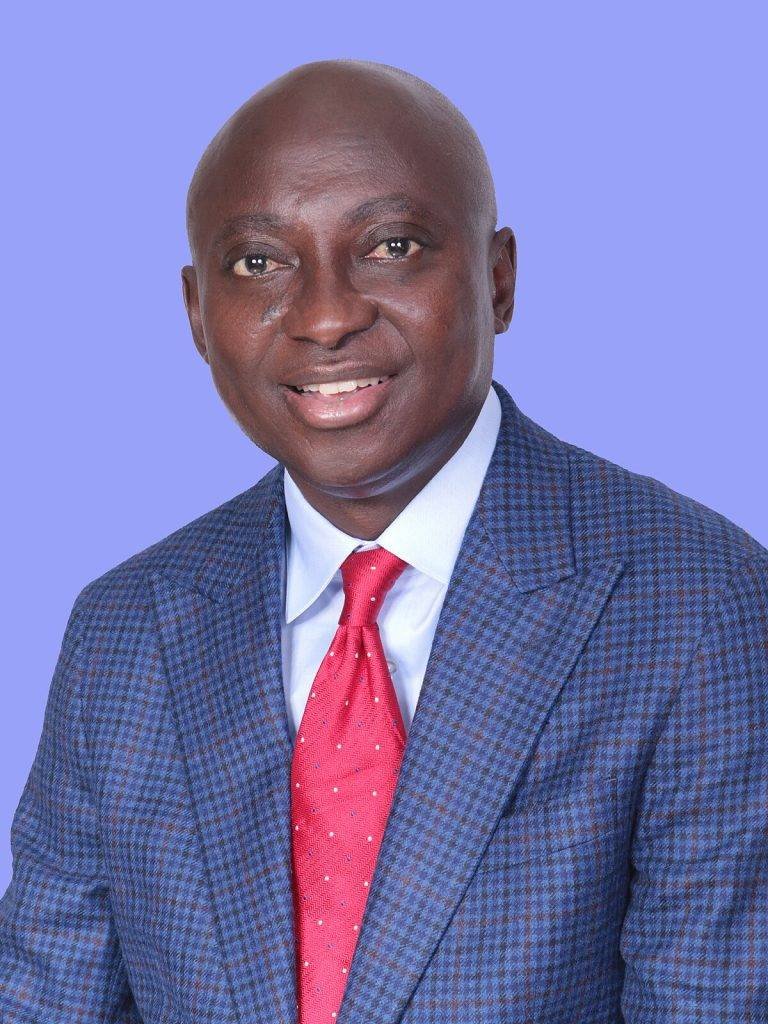
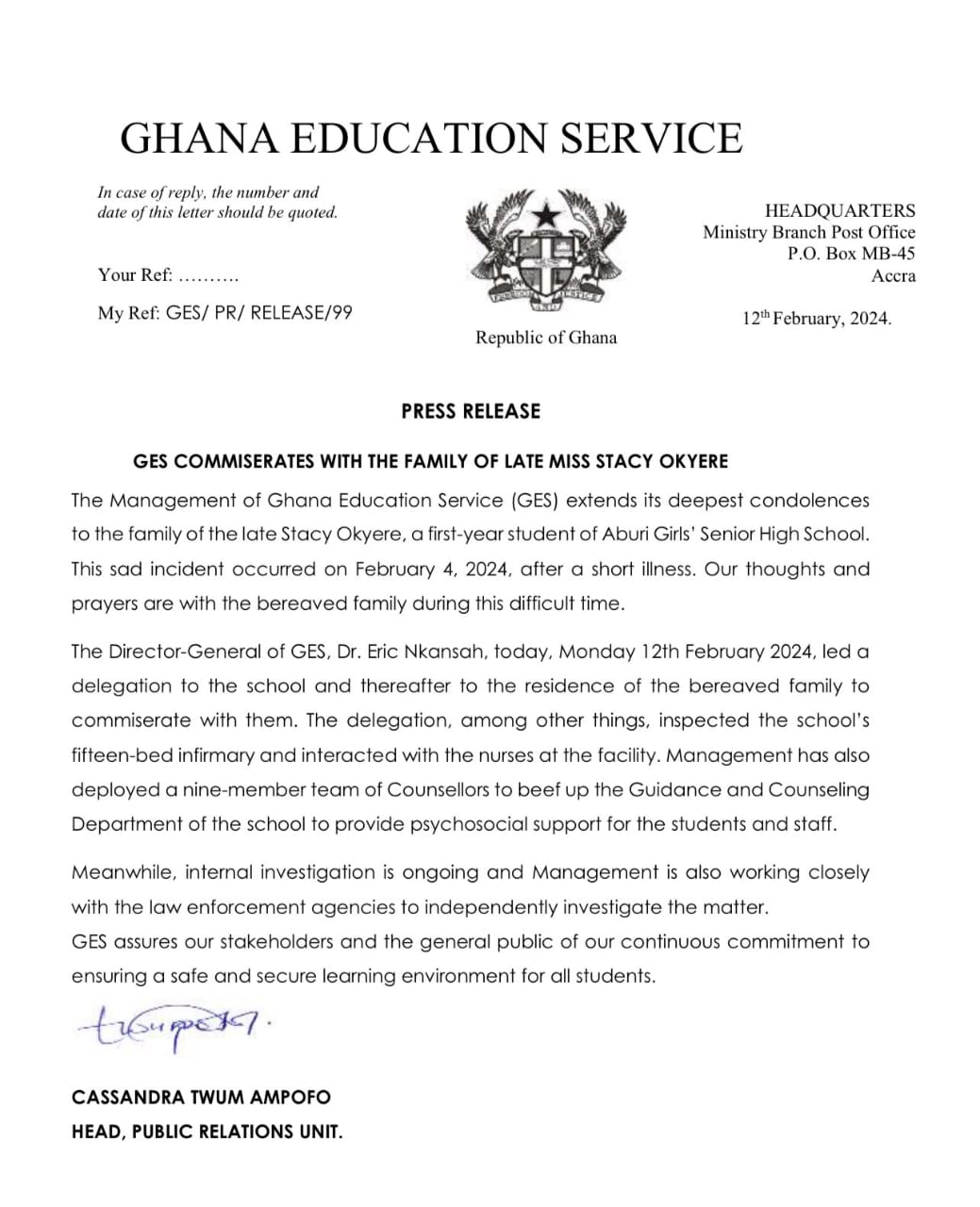



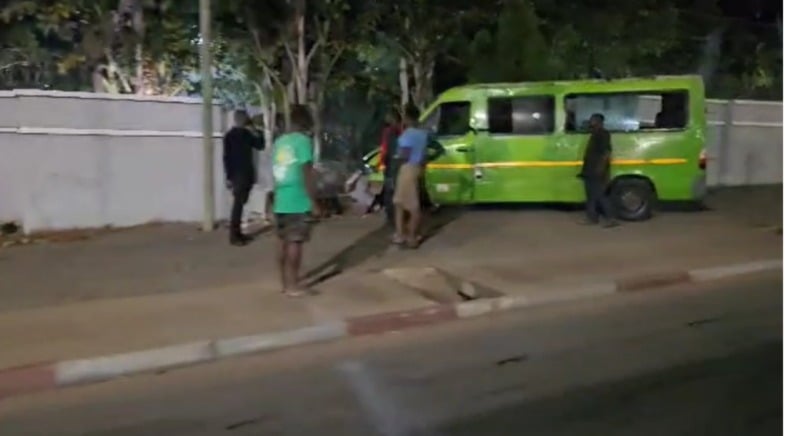




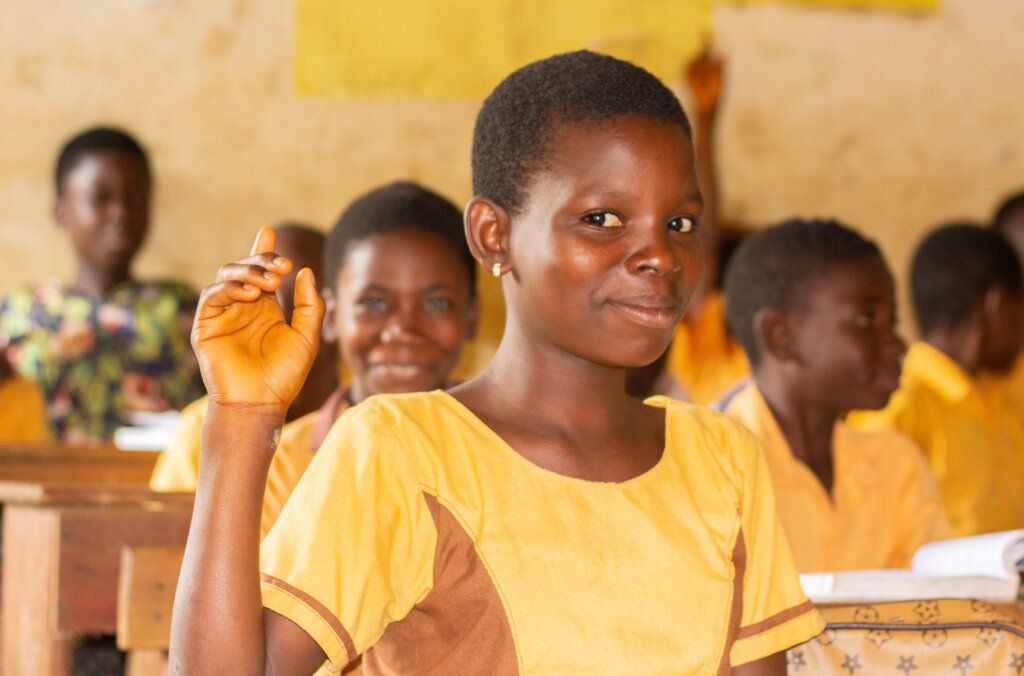
Facebook
Twitter
Pinterest
Instagram
Google+
YouTube
LinkedIn
RSS